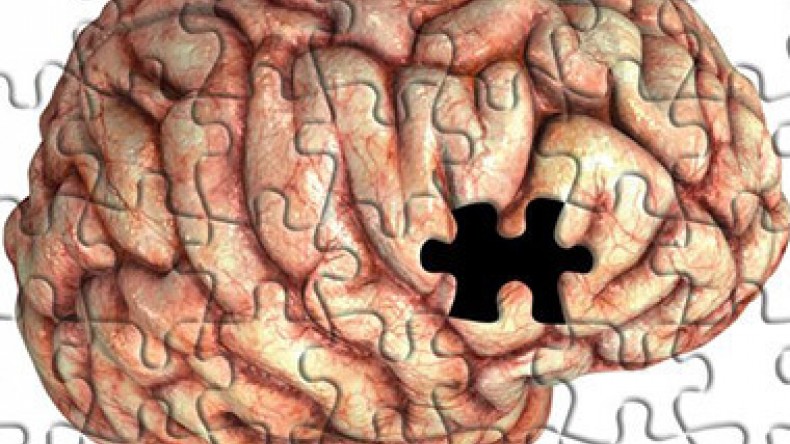
Repeated remembering 'wipes similar memories'
Recalling a particular memory can cause us to forget another, similar memory - and neuroscientists have now watched this process happen using brain scans, the BBC reports.
Inside the brains of human subjects, they pinpointed the unique imprints of two visual memories that were triggered by the same word.
Then they watched as repeatedly recalling one of the images caused the second, interfering memory to vanish.
The study is published in the journal Nature Neuroscience.
The results suggest that our brains actively delete memories that might distract us from the task at hand.
"People are used to thinking of forgetting as something passive," said lead author Dr Maria Wimber from the University of Birmingham.
"Our research reveals that people are more engaged than they realise in shaping what they remember of their lives."
Dr Wimber performed the study with colleagues from the MRC Cognition and Brain Sciences Unit in Cambridge.
She told the BBC the implications of the new findings were not as simple as a "one in, one out" policy for memory storage.
"It's not that we're pushing something out of our head every time we're putting something new in.
"The brain seems to think that the things we use frequently are the things that are really valuable to us. So it's trying to keep things clear - to make sure that we can access those important things really easily, and push out of the way those things that are competing or interfering."
The idea that frequently recalling something can cause us to forget closely related memories is not new; Dr Wimber explained that it had "been around since the 1990s."
Newsfeed
Videos






























